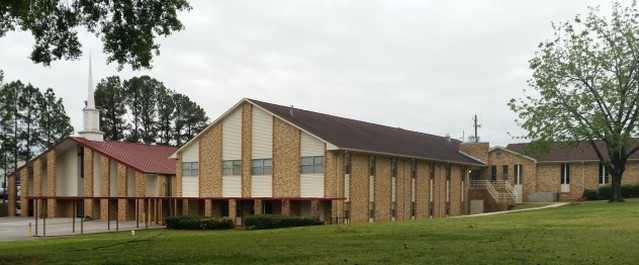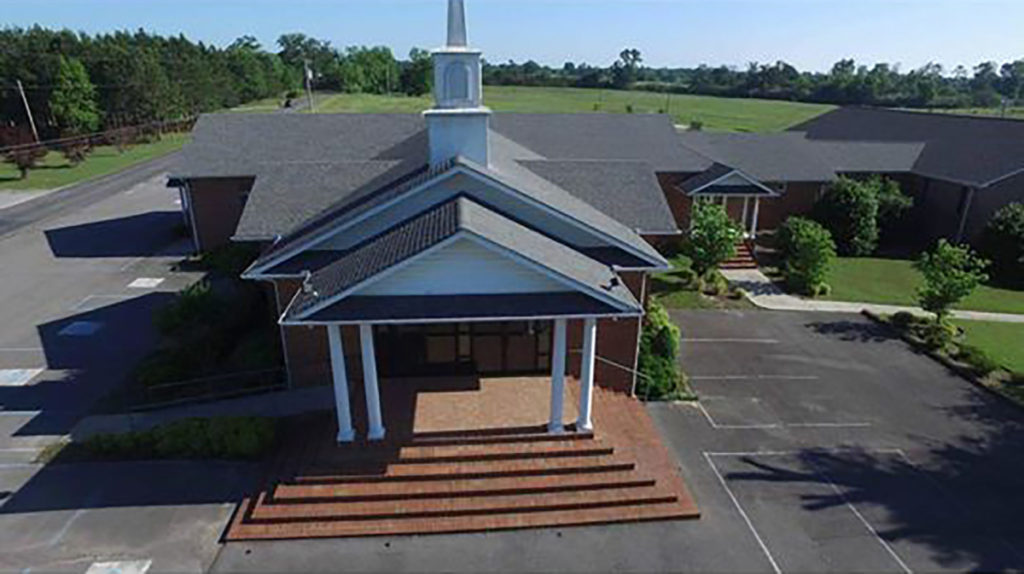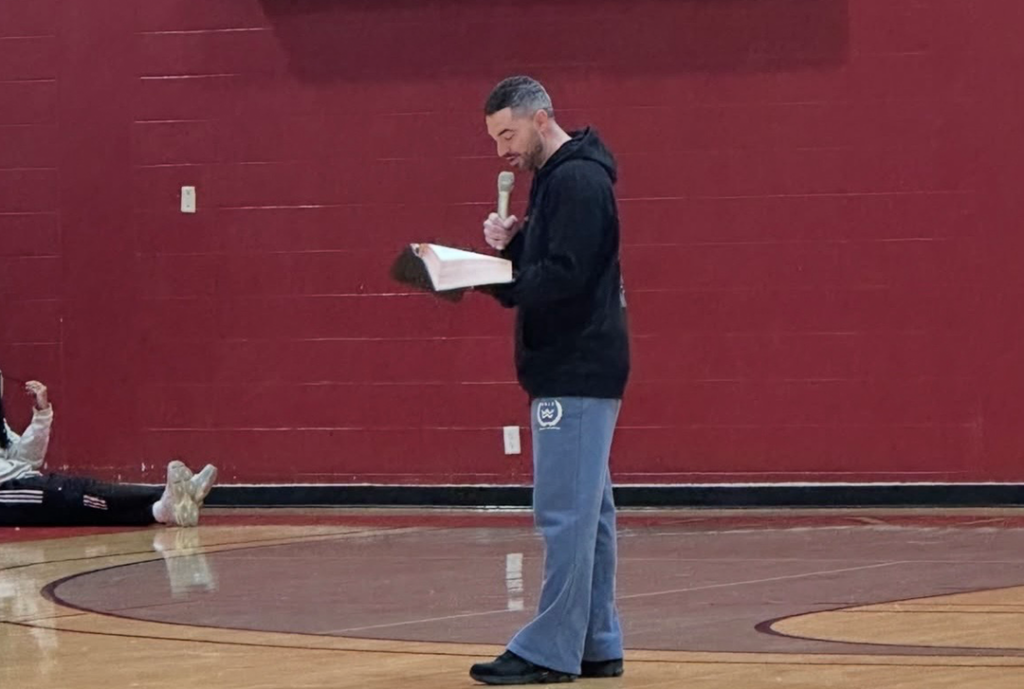In a 7-2 vote, the Supreme Court ruled March 29 that communities may ban nude dancing in bars without violating the First Amendment, and chose to reinstate a 1994 Pennsylvania law that criminalized nude performances in public places such as “taverns, restaurants, clubs and theaters,” according to The Associated Press.
“This…confirms communities have a right to take action against the sex exploitation industry when it moves in and destroys neighborhoods,” said Len Munsil, who helped write the Erie, Pa., law upheld by the Court. “Families and neighborhoods have a right to be free from the negative effects of sex clubs, We’re thrilled the Supreme Court believes a community’s right to decency outweighs the tenuous claim that exploiting your body is a free speech issue.”
While nude dancing is “expressive conduct,” it falls “only within the outer ambit” of First Amendment protection, wrote Justice Sandra Day O’Connor in a majority opinion that communities did not violate First Amendment free speech protections in prohibiting nude dancing.
Combats negative effects.
The Court also concluded the Erie laws – reinstated by justices in a 6-3 vote – does not violate the First Amendment because it promotes the city’s “interest in combatting the negative secondary effects associated with adult entertainment establishers,” such as crime.
The ruling overturned a Pennsylvania Supreme Court decision that invalidated the Erie ordinance, which was challenged in 1994 by the owners of Kandyland, a nude-dancing bar in Erie.
Citing the “traditional power of government to foster good morals,” Justice Antonin Scalia, supported by Justice Clarence Thomas, wrote a separate opinion agreeing with O’Connor’s decision. Justice David H. Souter supported the ban on nude dancing as well, but added Erie needed to better prove its anti-nude dancing statue was designed to counter “real harms.”
Justice John Paul Stevens, joined in a dissent by Souter and Justice Ruth Bader Ginsburg, disagreed with the majority decision, writing the ruling justified “the total suppression of protected speck” in the name of deterring effects such as crime.
The law, said Stevens, should be held “patently invalid” because it was “aimed directly at the dancers in establishments such as Kandyland.”
“Indeed, the plurality opinion concludes that admittedly trivial advancements of a state’s interest may provide the basis for censorship,” he wrote.
John H. Weston, an attorney who represented Kandyland said the decision would spark similar crackdowns on nude dancing elsewhere, but doubted whether such bans would be effective.
“Sexually-oriented businesses will always thrive,” said Weston, adding communities may have to “defend their assumptions” that crime is a secondary effect of public nude dancing. (RNS)





Share with others: